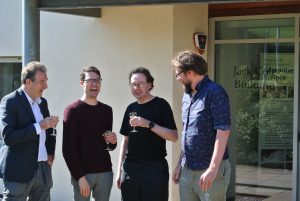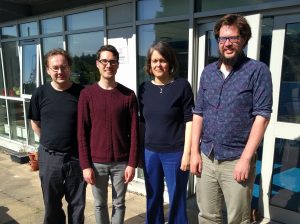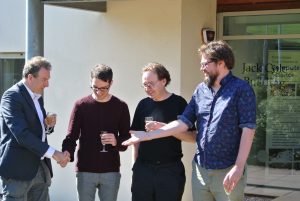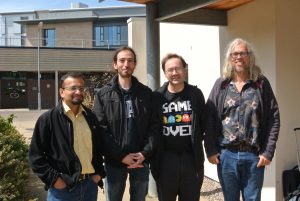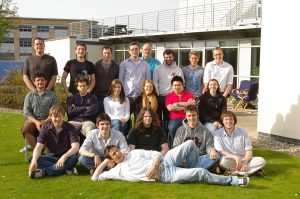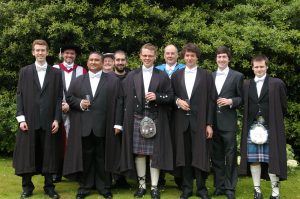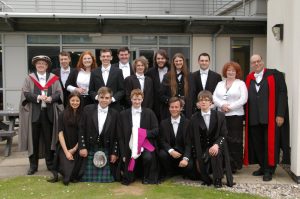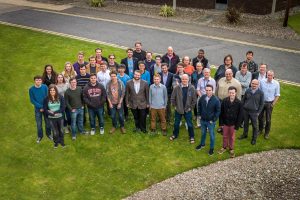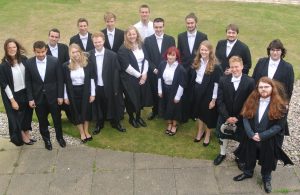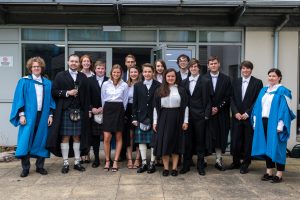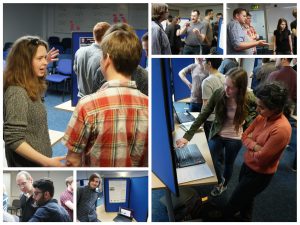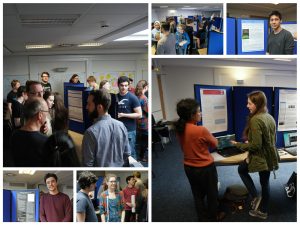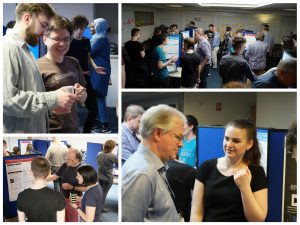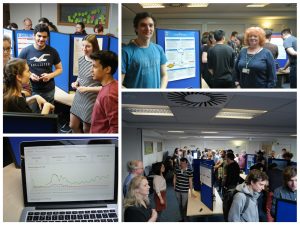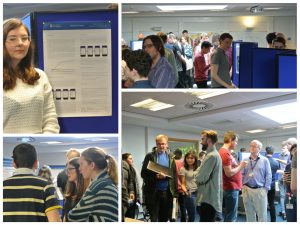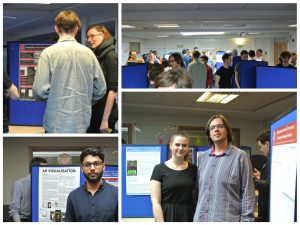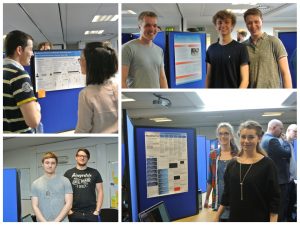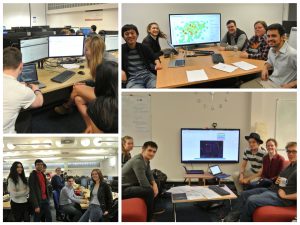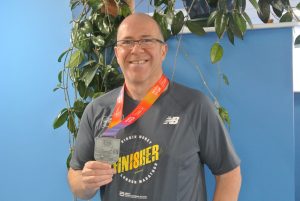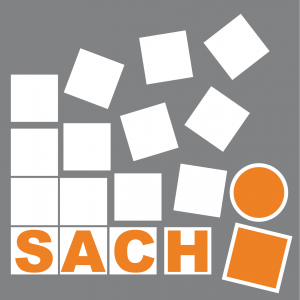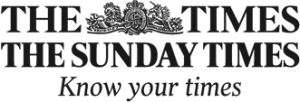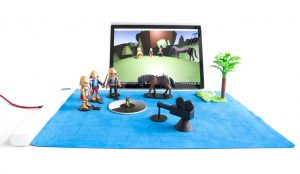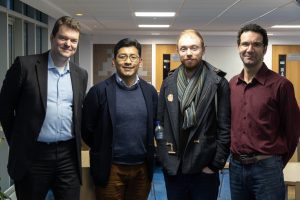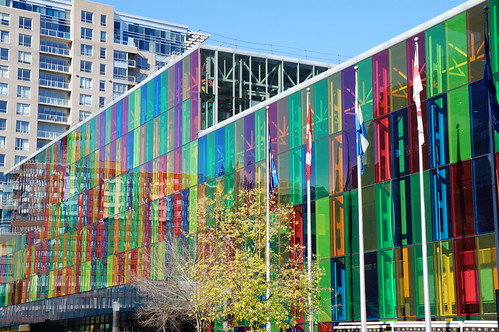The St Andrews Institute for Data-Intensive Research (IDIR) was set up in September 2014 to provide a focus for research and teaching activities across the University driven by access to “big data”.
IDIR does not directly sponsor or manage any research of its own: rather, we help researchers to collaborate within and beyond their home Schools in areas relating to data and computationally-intensive research.
In the past we have hosted the Summer of Vs (Variety, Veracity, Velocity & Volume) and Summer of Data Workshop Series.
This year we are hosting a series of IDIR Summer Workshops tailored by the interests of the researchers in IDIR. The themes that were identified (and the dates on which each workshop is held) are
03.07.2018 Text and/or Image Processing
24.07.2018 Data (Science) Best Practices
16.08.2018 Health and Simulation Data
04.09.2018 Cloud Computing, High Performance Computing, Reproducibility
This year’s programme of events are being organised by Özgür Akgün and Ruth Hoffmann. Get in touch with them if you would like to contribute.


